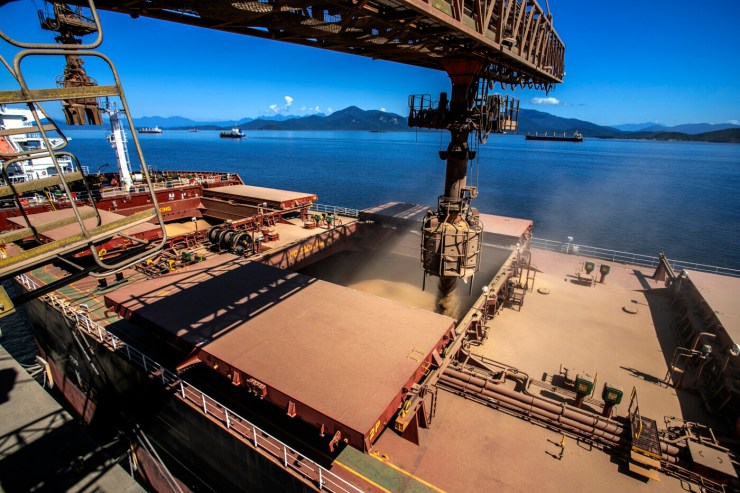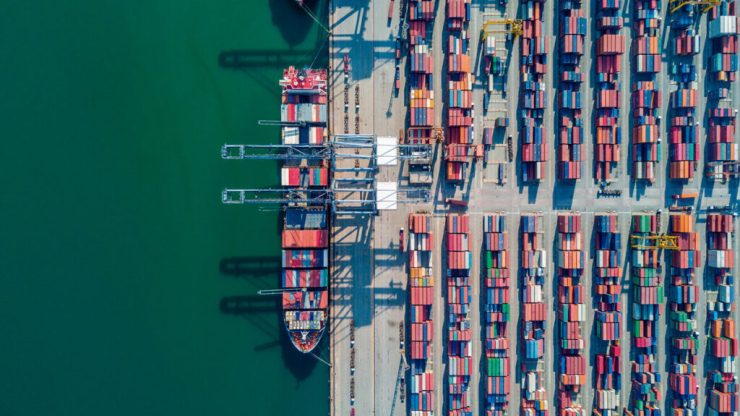The potential imposition of a 50% surcharge on Brazilian beef by the United States could raise the total tariff to 76.4%, a level that, in the assessment of Agro Itaú BBA Consulting, makes exports virtually unviable. The impact would fall on a market that, despite being one of the world's largest producers and exporters, faces a growing deficit in domestic supply, projected to reach nearly one million tons by 2025, according to the United States Department of Agriculture (USDA).

The current imbalance in the American livestock cycle, with female retention and declining production, has sustained high meat and cattle prices in the US, even with resilient domestic consumption. In this context, Brazil has significantly expanded its presence: in the first half of 2025, Brazilian exports of fresh beef to the US grew 1,321 TP4T compared to the same period the previous year, and this was outside the tariff quota, which is typically exhausted at the beginning of the year.
The current tariff applied to meat outside the quota is already 26.4%, which has not impeded Brazil's progress. However, the imposition of the new surcharge would raise costs to levels that, according to the consultancy, make the continuation of these shipments unfeasible. In the first half of the year, the US accounted for 12% of Brazilian beef exports. China, the main destination, accounted for 49%.
With the arrival of a good volume of confined cattle for slaughter in the second half of the year, the loss of the market

American exports, or even a substantial weakening of demand, could put pressure on domestic beef prices. Even if Brazil manages to redirect part of this volume to other markets, as is often the case in short-term responses, export prices, which had been recovering, could feel the impact.
Australia emerges as the main alternative for the US in the event of a decline in Brazilian purchases, thanks to its greater availability of beef. To a lesser extent, Argentina, New Zealand, Canada, and Uruguay could also supply part of the American demand. However, the global beef supply is limited, and the reallocation of Brazilian shipments is likely to generate only temporary offsetting effects in the short term.
The tariff escalation, if confirmed, significantly alters the beef trade scenario and reinforces the volatility in beef prices, precisely at a time of greater supply in the domestic market and route adjustments in exports.




